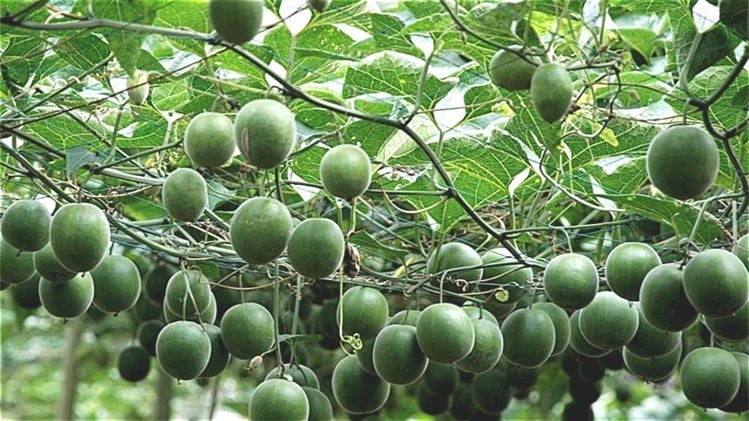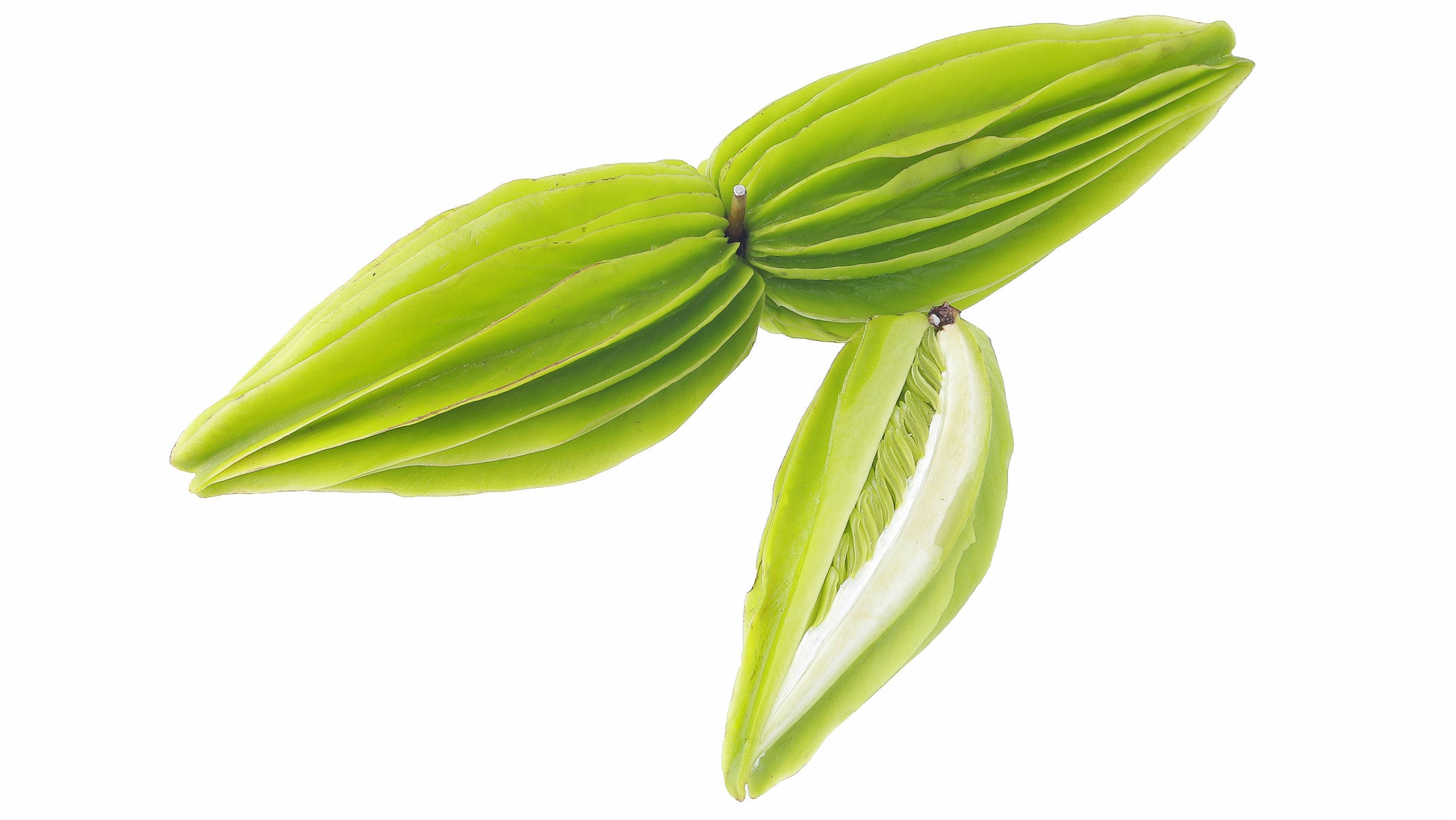Following safety evaluations by FSANZ, monk fruit has been determined to be safe for human consumption as a food additive, specifically in an intense sweetener.
“FSANZ has conducted a thorough safety assessment and concluded there are no public health or safety issues related to the use of monk fruit extract as a sweetener,” said FSANZ Chief Executive Officer Mark Booth.
Further to this, FSANZ has also emphasised in its risk and technical assessment report that: “There is no evidence from human studies that there are any adverse effects of monk fruit consumption.”
“If there is no ministerial review requested, the change to allow monk fruit as intense sweetener could become law around January 2019,” it added.
Monk fruit as a sweetener
Proctor and Gamble patented the process to produce monk fruit sweetener in 1995. However, it was not until 2010 when China-based Monk Fruit Corporation successfully obtained a Generally Recognised as Safe (GRAS) certification for monk fruit from the US FDA that it gained recognition.
Global ingredients company Tate and Lyle manufactures monk fruit sweetener under the PUREFRUITTM brand.
More on monk fruit
Monk fruit, or luo han guo, is a small fruit native to China and Thailand. It is difficult to store and visually unappetizing in its fresh form. Traditionally, it is dried and used in herbal teas or remedies in traditional Chinese medicine, especially in China and South East Asia.
Its extract, which would be used to make the sweetener, is 150 to 200 times sweeter than traditional table sugar. This contains zero carbohydrates, fat, sodium or calories, making it perfect for manufacturers seeking a low-calorie ingredient.
Additionally, monk fruit sweetness comes from mogrosides, a natural compound that does not increase blood sugar, making it safe for consumers with diabetes.
China previously banned the removal of monk fruit or its genetic material from its shores, in an effort to protect its monopoly over monk fruit cultivation, and thus mogroside production.
Monk fruit also boasts anti-oxidant, anti-bacterial and anti-inflammatory properties.
Comparisons with stevia
One the most popular non-nutritive sweetener ingredients in the market, stevia shows several similarities to monk fruit. Both come from natural sources, contain zero calories and do not affect blood sugar levels.
Both options also have aftertastes that require getting used to. Monk fruit has a fruity aftertaste that can be unpleasant for some, whereas stevia has a licorice flavour that turns into a slightly bitter aftertaste.



